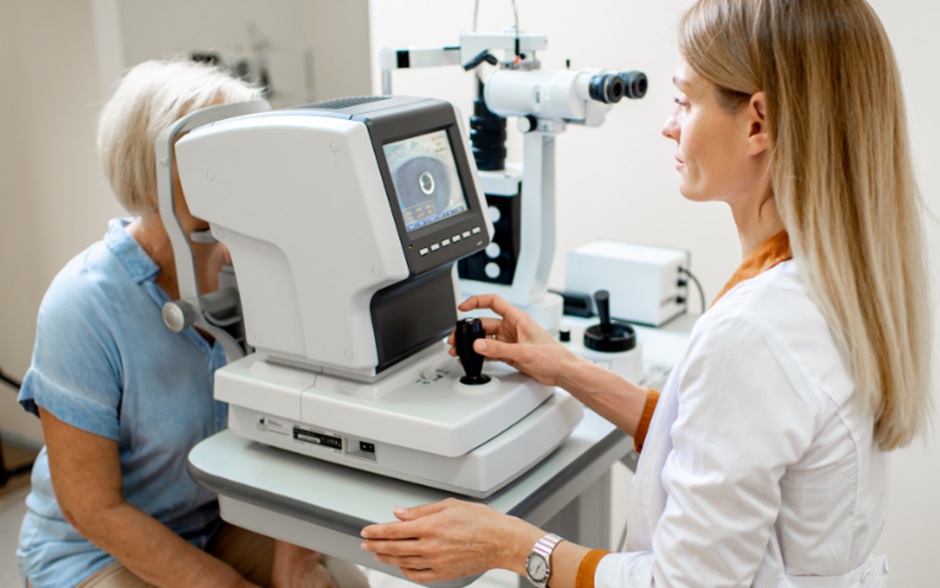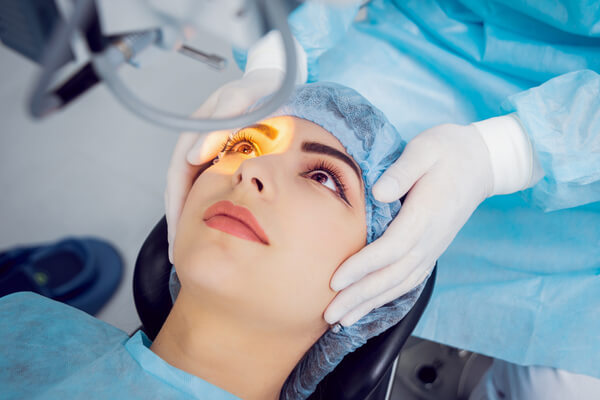How Often Should You See an Eye Doctor? Age-Based Guidelines

Regular eye check-ups play an essential role in maintaining vision health. These examinations can catch vision problems early and prevent potential complications, yet many people are uncertain about how frequently they should book appointments. Age is a significant factor in determining how often to see an eye doctor in Singapore. Here is a comprehensive, age-based guide for scheduling eye exams, helping you stay proactive about your eye health and reducing the likelihood of developing eye-related issues.
Children and Teenagers (Aged 0-18)
Eye health is critical for young children, as early detection of vision problems supports academic and developmental progress. The first eye examination is recommended at six months to assess basic vision and eye alignment. Follow-up exams at three years and before starting school help detect conditions such as amblyopia (lazy eye) and strabismus (crossed eyes), which can affect learning and social development if left untreated. From ages 6-18, children should undergo eye examinations every one to two years, particularly if they wear glasses or contact lenses. For those with no apparent vision issues, less frequent check-ups may suffice.
Maintaining regular visits to an eye clinic in Singapore supports children’s academic journey and helps to avoid any undetected vision impairment. Eye doctors recommend consistent exams to ensure optimal vision health, which is crucial during these formative years.
Adults (Aged 19-39)
For adults in their 20s and 30s, vision health generally remains stable, but annual visits to an eye doctor in Singapore are still advisable. Conditions such as myopia, hyperopia, and astigmatism often stabilise in adulthood but may still change gradually. Annual check-ups can help identify potential issues early, particularly for those working in environments that strain the eyes, such as prolonged screen exposure.
Adults in this age range may experience symptoms like dryness or headaches related to eye strain, which can often be managed through lifestyle changes or specific treatments recommended by an eye clinic in Singapore. For adults who don’t wear corrective lenses, an eye exam every two years is typically adequate, although annual visits are recommended for those with any underlying health conditions or family history of eye diseases.
Middle-Aged Adults (Aged 40-59)

At 40, eye health becomes more susceptible to changes. Presbyopia, the natural loss of near vision, often starts in this age group, making routine eye exams essential. Middle-aged adults should consider seeing an eye doctor in Singapore every one to two years. This period often marks the onset of conditions like glaucoma and cataracts, which benefit from early diagnosis and management.
Annual eye exams during these years can also assess and monitor any age-related conditions, providing peace of mind for those concerned about vision loss. Eye clinics in Singapore offer a range of diagnostic tools to spot these conditions early. For people in this age range, seeing an eye doctor frequently can prevent minor issues from developing into more severe, vision-impairing conditions.
ALSO READ: How Does Ageing Affect Your Eyesight?
Older Adults (Aged 60 and Above)
Individuals aged 60 and older should visit an eye clinic in Singapore annually or even more frequently. Age brings an increased risk of developing eye-related conditions, including macular degeneration, cataracts, and glaucoma. Older adults are more prone to systemic health issues, such as diabetes and hypertension, which can impact vision.
Eye doctors monitor these conditions to manage them effectively and reduce their impact on daily life. Regular visits become crucial as conditions like macular degeneration require close monitoring and may benefit from treatment if detected early. By visiting an eye doctor in Singapore consistently, seniors can stay informed about the best steps to protect their vision as they age.
Key Takeaways: When to See an Eye Doctor
Routine eye exams provide more than vision correction; they play an integral role in eye health preservation. Early detection helps prevent various conditions that may otherwise lead to vision impairment. From childhood through old age, consulting an eye doctor ensures that potential eye problems are identified early and managed effectively. Depending on your age and lifestyle, adapt your eye exam schedule to optimise your vision health.
Regular eye check-ups are vital in ensuring long-term vision health. For professional eye care services, contact Nova Eye Centre, a trusted eye clinic in Singapore, to book your appointment today.
